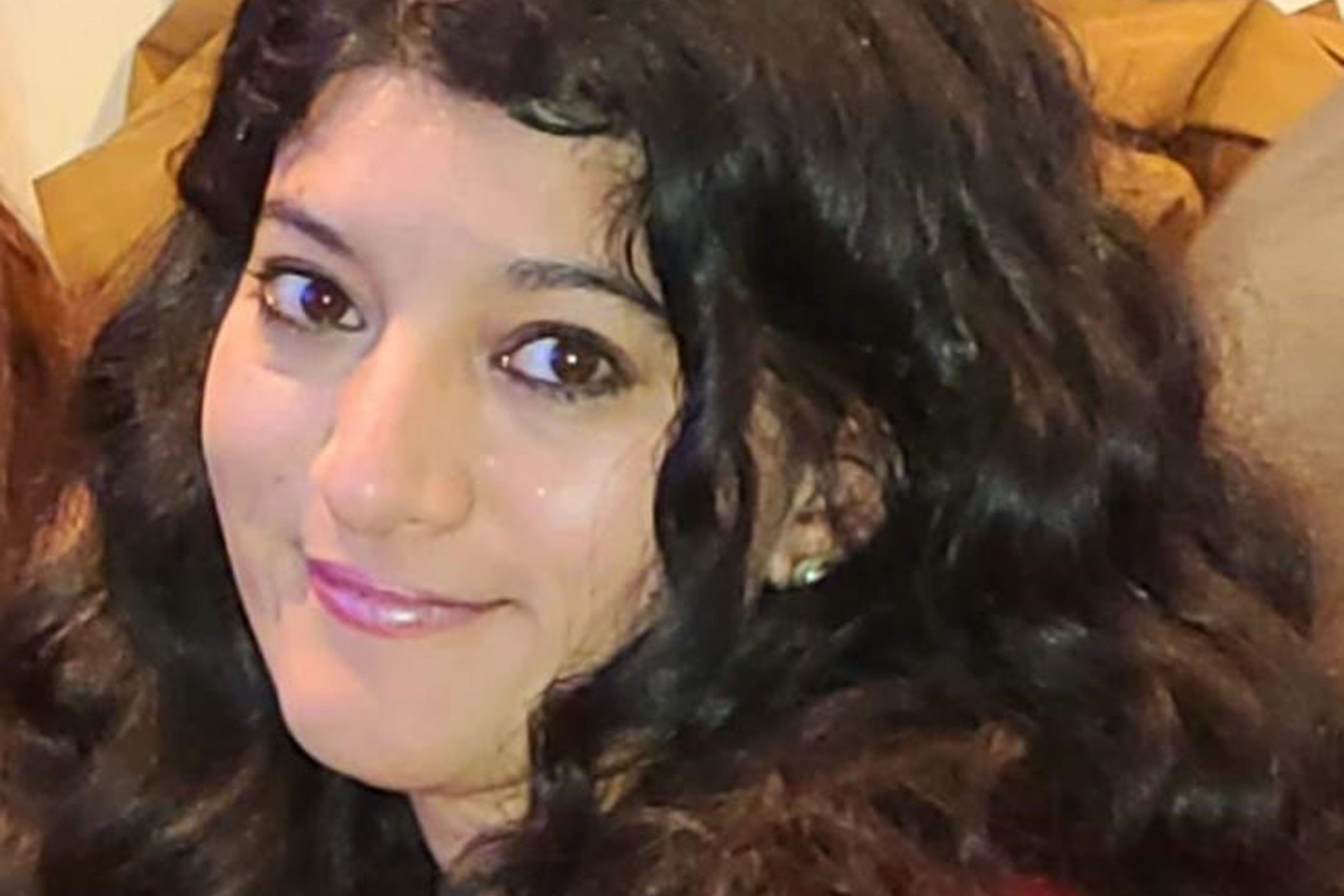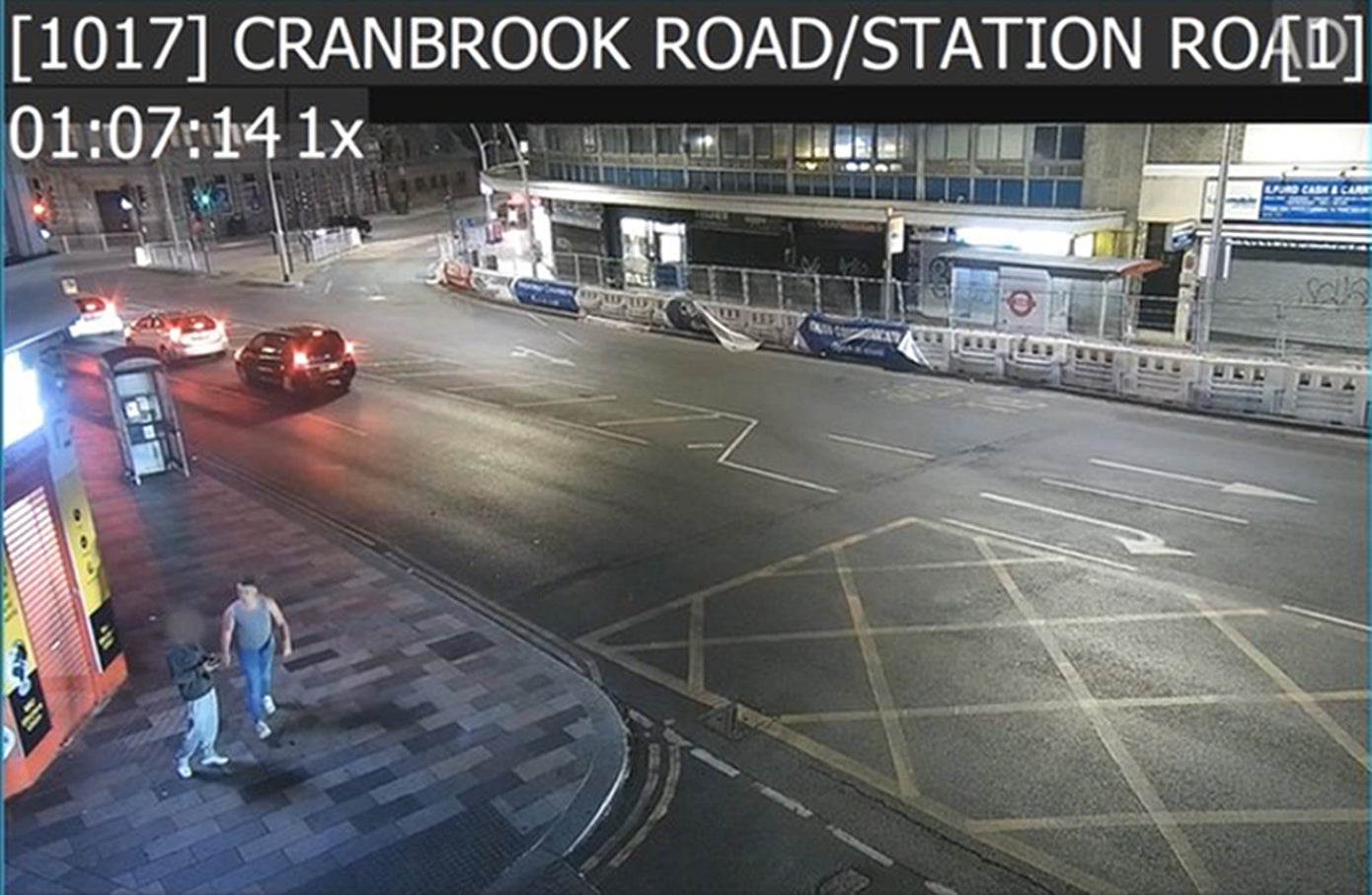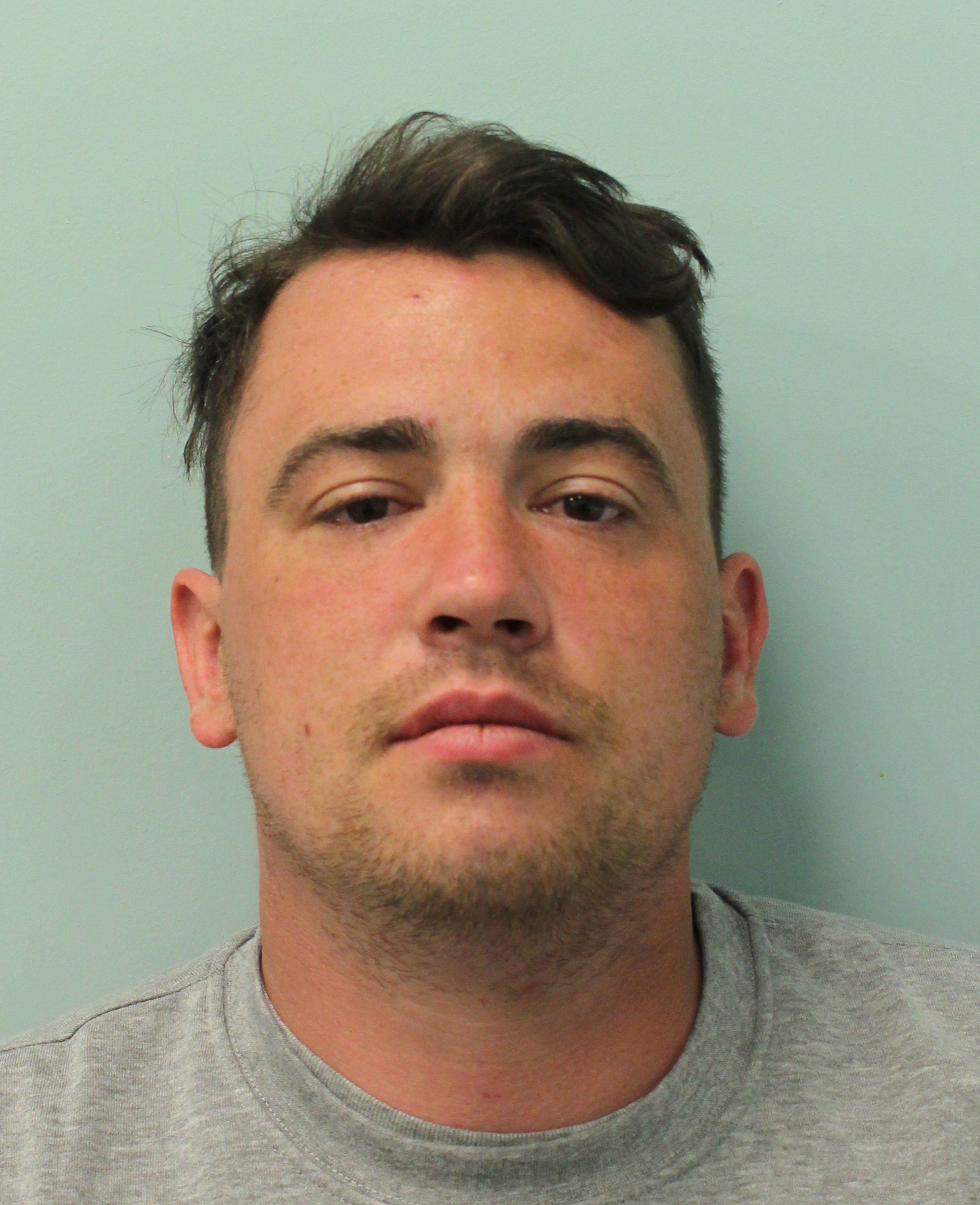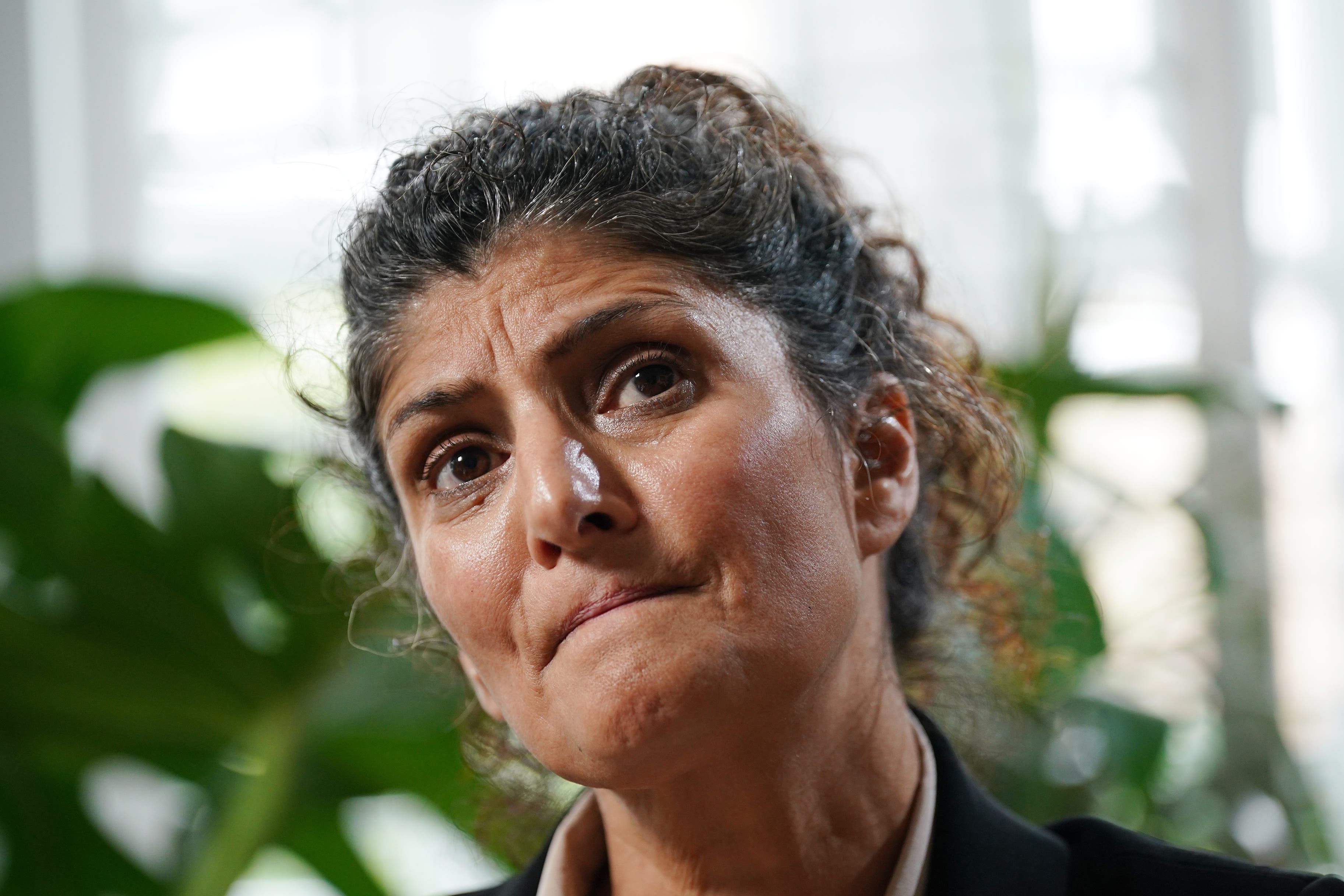Man who killed law graduate Zara Aleena as she walked home wins bid to reduce minimum jail term
Zara Aleena was dragged into a driveway and sustained 46 injuries from the nine-minute attack in June 2022
A man who killed a law graduate as she walked home from a night out has won a legal battle to reduce the minimum term of his life sentence.
Jordan McSweeney killed 35-year-old Zara Aleena in Ilford, east London, in the early hours of on 26 June last year.
McSweeney, who refused to attend his sentencing hearing last December, was handed a life sentence with a minimum term of 38 years after admitting Ms Aleena’s murder and sexual assault. Last month, McSweeney made a bid to reduce his sentence at the Court of Appeal.

In a ruling on Friday, three judges at the appeal court in London allowed McSweeney’s appeal, finding that the sentencing judge had imposed too high an “uplift” to the minimum term.
They replaced it with a life sentence with a minimum term of 33 years.
In a summary of the Court of Appeal’s decision, the Lady Chief Justice Lady Carr said the judge lacked a “sufficient evidential basis” of “additional mental or physical suffering” to justify an increase to the starting point of a 30-year minimum term.
She said: “Having correctly found that Ms Aleena must have been rendered unconscious at an early stage in the attack, the judge had lacked a sufficient evidential basis on which to be sure that there had been additional mental or physical suffering such as to justify an increase in the 30-year starting point.
“Mercifully, Ms Aleena was unconscious from early on in the attack. The number of items taken from Ms Aleena and then discarded meant also that it was not safe to conclude that Ms Aleena’s mobile telephone had been taken in order to prevent her from seeking help.”
The Old Bailey previously heard McSweeney stalked Ms Aleena along Cranbrook Road before grabbing her from behind and dragging her into a driveway.
The attack, caught on grainy CCTV, lasted nine minutes and resulted in 46 separate injuries.

Ms Aleena, who was training to be a solicitor, was found struggling to breathe and later died in hospital.
Judges were told at a hearing in October that Ms Aleena was made unconscious early during the attack.
McSweeney’s barrister George Carter-Stephenson KC said: “Given the nature of the attack… the time for the suffering of this victim was limited. That, to some extent, must impact how one views that as an aggravating feature.”
The family of Zara Aleena has described the minimum sentence reduction for her killer as a “shallow triumph” which sends a “disheartening” message to women as they branded him a “repugnant man”.

In a statement issued by Ms Aleena’s aunt, Farah Naz, they said: “Today’s decision, a decision to reduce the minimum sentence for that repugnant man, aligns with an established legal sentencing framework, a framework we comprehend.
“Yet, the message it conveys to women is disheartening, suggesting that a ‘life sentence’ may not truly mean a lifetime behind bars. It is, in all honesty, a shallow triumph for him.”
They added that Ms Aleena’s murder “stands as a catalyst for reshaping how society safeguards women” as they committed themselves to “championing more robust measures to protect women”.
Ms Aleena’s family have previously spoken out about how McSweeney’s sentencing bid had “reignited the family’s agony”.

Her aunt Farah Naz said it was “beyond belief that this individual, who was too spineless to attend his own sentencing, has the audacity to appeal the very sentence he couldn’t be bothered to witness”.
McSweeney did not attend his sentencing hearing last December. Last month, he appeared for the start of appeal proceedings via videolink from Long Lartin prison in Worcestershire, but left before the hearing was completed.
Mr Carter-Stephenson said: “At the outset can I make it clear that it is accepted that the attack and murder in this case was particularly savage and brutal, and nothing I intend to say in this address is in any way meant to detract from that.”
The barrister said the sentencing judge, Mrs Justice Cheema-Grubb, had wrongly factored in the “aggravating features” in the case. Mr Carter-Stephenson said it was accepted there was a sexual motive to the crime, but argued the murder itself was not premeditated.
He added: “The attack was an opportunistic act rather than anything that was planned in advance, though there was clearly a sexual encounter in mind.
“He planned to look for a sexual encounter, with or without consent.”

However, Oliver Glasgow KC, for the Crown Prosecution Service, said the suggestion McSweeney had not intended to kill Ms Aleena was “unsustainable”.
He told the court McSweeney had spent two hours stalking several women before turning his attention to Ms Aleena.
The barrister told the court in October: “This was not a moment of impulsive aggression. It was a considered act and the product of hours of pursuing women along the streets.
“There was nothing that Zara Aleena did that provoked the violence that was given to her.”
The Lady Chief Justice Lady Carr added: “We pay tribute to Ms Aleena and her family. We observe that no sentence for murder can ever reflect the value of the life taken away or attempt to do so.”



